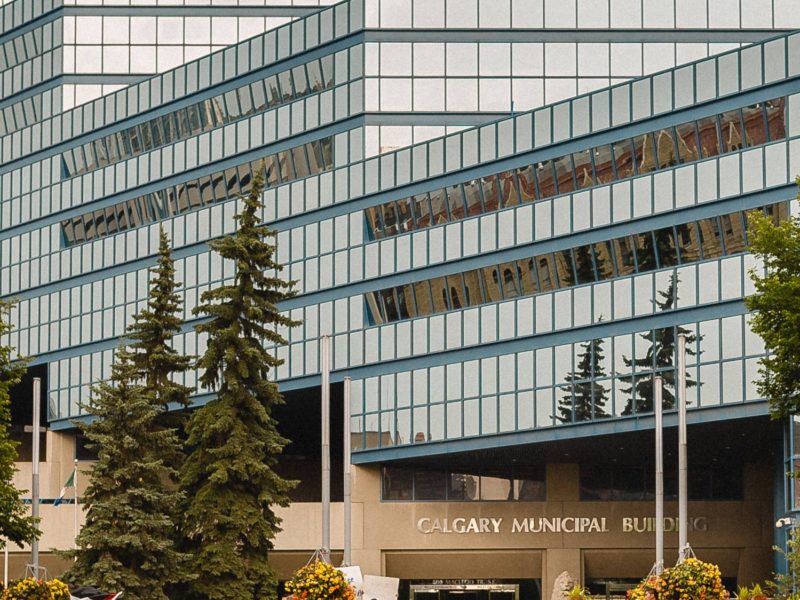
Elections Calgary reverses decision to remove ‘vote anywhere’ stations in municipal election
By Cristina Paolozzi, August 23 2021—
Elections Calgary has reversed the decision made this past June to remove the “vote anywhere” polling stations on post-secondary campuses.
In a statement on Aug. 20, the Students’ Union (SU) announced that four post-secondary institutions will be offering these polling stations to students, which includes the University of Calgary. Students will receive two days each of on-campus voting during the advance vote period before Oct. 18, which is less time than they were available in the 2017 municipal election.
“While the polls will be on campuses for less time than they were in 2017, they will nonetheless help to engage students in the voting process by making it easier for them to participate in electing a new city council,” the statement reads. “The SU will continue its advocacy to ensure a full return to ‘vote anywhere’ advance voting in the next municipal election.”
The “vote anywhere” polling stations allow voters to cast their ballots regardless of their residence. In a previous decision, Elections Calgary stated that due to public health concerns, they would no longer be offering the “vote anywhere” stations, as it could increase the risk of infection.
Since, Elections Calgary has updated their response, stating that “vote anywhere” stations will be considered if there is no immediate risk to public health.
“‘Vote anywhere’” and other voter engagement opportunities which are not compromised by current public health restrictions or concerns will be considered for future electoral events,” the website reads.
Marley Gillies, vice-president external at the SU said that she is thrilled that Elections Calgary reversed their decision. Even though the advocacy undertaken by Gillies and her peers was tough, she said she’s happy that students will be able to find accessible voting stations on campus again.
“It was a process, and a fight that we really wanted to take on,” she said. “When we learned the news back in June from Elections Calgary directly, we met with them immediately to hear their reasons and work with them to try and stall some of those barriers.”
Gillies said that the turning point for her was the support this issue had among current city councillors as well as many mayoral candidates.
“Really the turning point was having support from the candidates themselves,” she said. “We had a whole slate of mayoral candidates on board supporting this to show that this is an issue that even candidates in the same competing election can agree on.”
Although the “vote anywhere” stations will only be available for two days in the advance vote period, Gillies said that the SU will continue working with Elections Calgary to ensure there are more opportunities for students to vote on campus.
“We are disappointed that it’s only two days,” said Gillies. “We understand there’s a lot of obstacles to work around, so we are meeting with Elections Calgary in the next week or so to sort out those details, even if we can get a couple more days for students.”
Gillies also mentioned that much of the responsibility now falls to the SU to make sure students know that the “vote anywhere” stations are the best chance for students to cast their ballots, and said the municipal “Get Out The Vote” campaign will also be running for those two days.
Recently the federal election has been called for Sept. 20. Gillies is hopeful that the decision to maintain the “vote anywhere” stations on campus for the municipal election will be good news for stations to be available for the federal election.
“It definitely helps our advocacy when we have huge wins like this for students,” she said. “The federal election is on a shorter timeline, we do hope that it’s accessible for students — whether advanced vote or on election day — that students will have ample opportunity to go and vote.”
Ultimately, Gillies is happy with the result and proud of the work student leaders were able to achieve when it comes to voter accessibility.
“This was a direct result of student advocacy — it shows that student advocacy works and that we can choose what fights we want to take on. Although it was a lot of work, it was absolutely worth it to have students be able to vote in the upcoming municipal election.”
